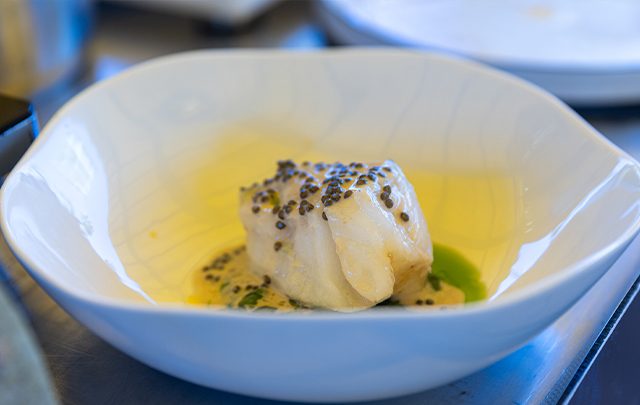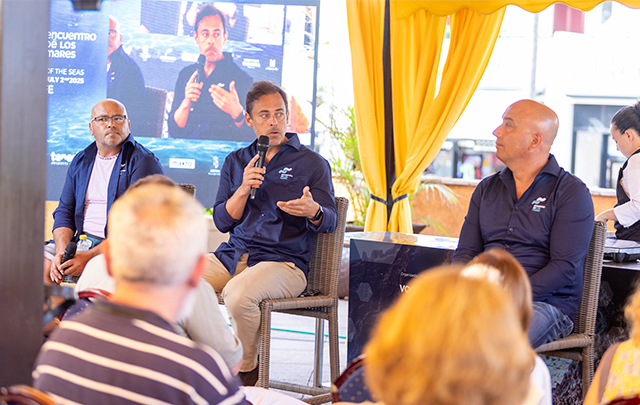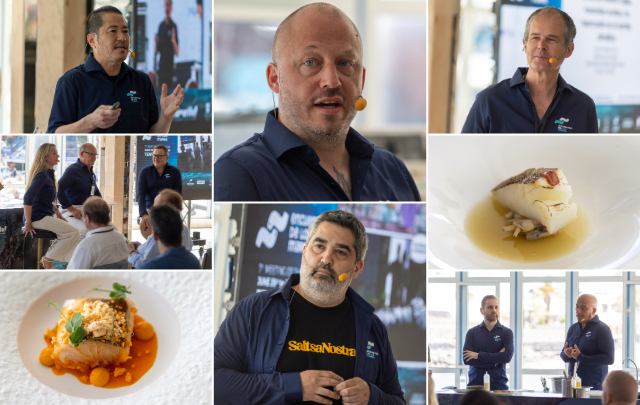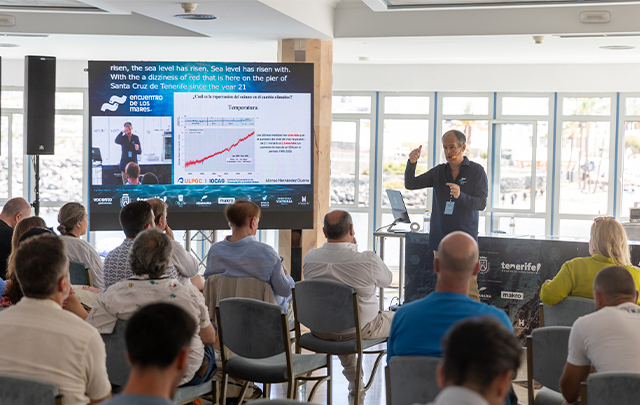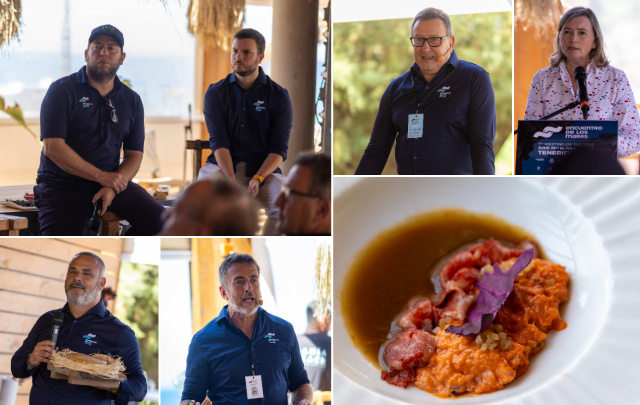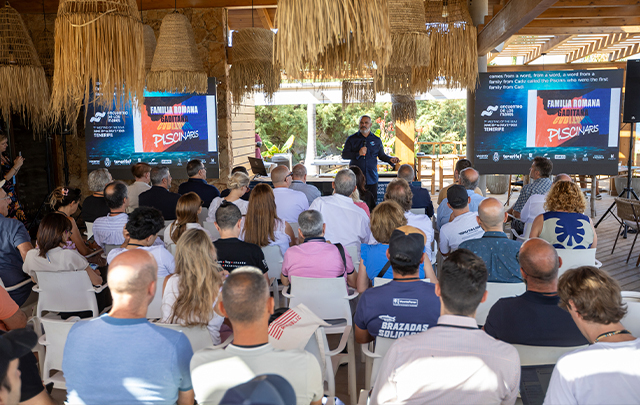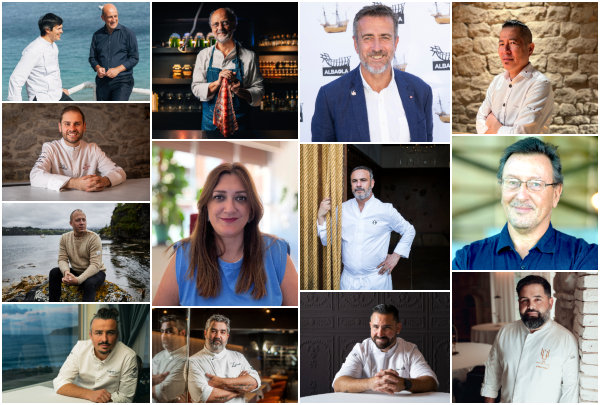News
“Salt will once again become the valuable commodity it was for ancient peoples”
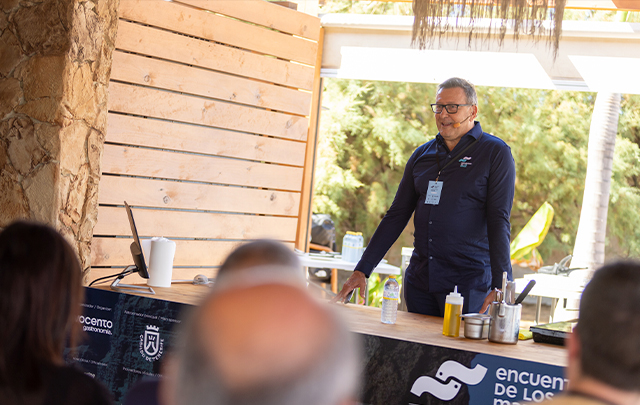
At the conference, scientist Carlos Duarte outlined the benefits of salt, including its role in preventing the recent major power outage.
A professor of marine sciences at King Abdullah University of Science and Technology (KAUST) in Saudi Arabia, Duarte is a renowned biologist and oceanographer who is currently involved in Project 2050, which is dedicated to ocean recovery. As the scientific director of Encuentro de los Mares, he has chosen salt as the key theme for this edition because of its current importance. ‘Salt is a key material for today's world, which seems more concerned with disagreements with its neighbours and lacks the empathy to make progress on these much-needed issues,’ he said, denouncing the dismal results of the recent United Nations Conference on the Oceans, which ended just three days before the US attack on Iran.
A condiment documented for over 5,000 years, he explained in his presentation on salt that there are 14,000 known uses for it, 10,000 of which are linked to cooking. He also revealed that salt contains all the elements of the periodic table, including gold, and makes up 70% of the human body, including blood and tears. He added that 10 tears yield 1 millilitre of seawater. He surprised those present by talking about ‘modern humans who, 300,000 years ago, were isolated on an island in the Red Sea and survived by feeding on invertebrates’, and by describing the sea gypsies, ‘a tribe in Southeast Asia whose members have evolved to see and hear better in water’.
The salt of life
Once highly valued in the economy and used in ancient times, salt's value declined until it was considered a waste product. However, this trend now seems to be reversing, thanks to salt's numerous health benefits and its many applications in sectors such as energy, climate, and the strategic metals industry. Duarte began by discussing the health benefits of salt, highlighting its role in maintaining bone structure, eliminating acidity, preventing excess cholesterol, improving skin conditions such as atopic dermatitis, and regulating sleep. He also emphasised the importance of fusion salt, which was presented at a previous edition of Encuentros del Mar. This salt is derived from marine organisms, contains fewer sodium ions and has over 50 times more antioxidants than regular table salt.
The scientist also explained the industrial applications of salt, using the solar thermal power plant in the Chilean Atacama Desert as an example. This plant uses salt melted at 900°C and mixed with water to generate electricity, even at night, due to its enormous heat storage capacity. This characteristic makes salt a great stabiliser for energy networks. In fact, it could have prevented the recent blackout on the Peninsula, which was caused by a disturbance that began in the Baltic and spread to Spain — the southernmost point of the network. Finally, he cited the benefits of salt as an inexpensive source of lithium extraction and as a powerful building material. It is used to make concrete that absorbs large amounts of CO₂. In the Bahamas, this concrete is already being used to build around 1,000 homes a year. The price includes the carbon credits generated by each home.'


